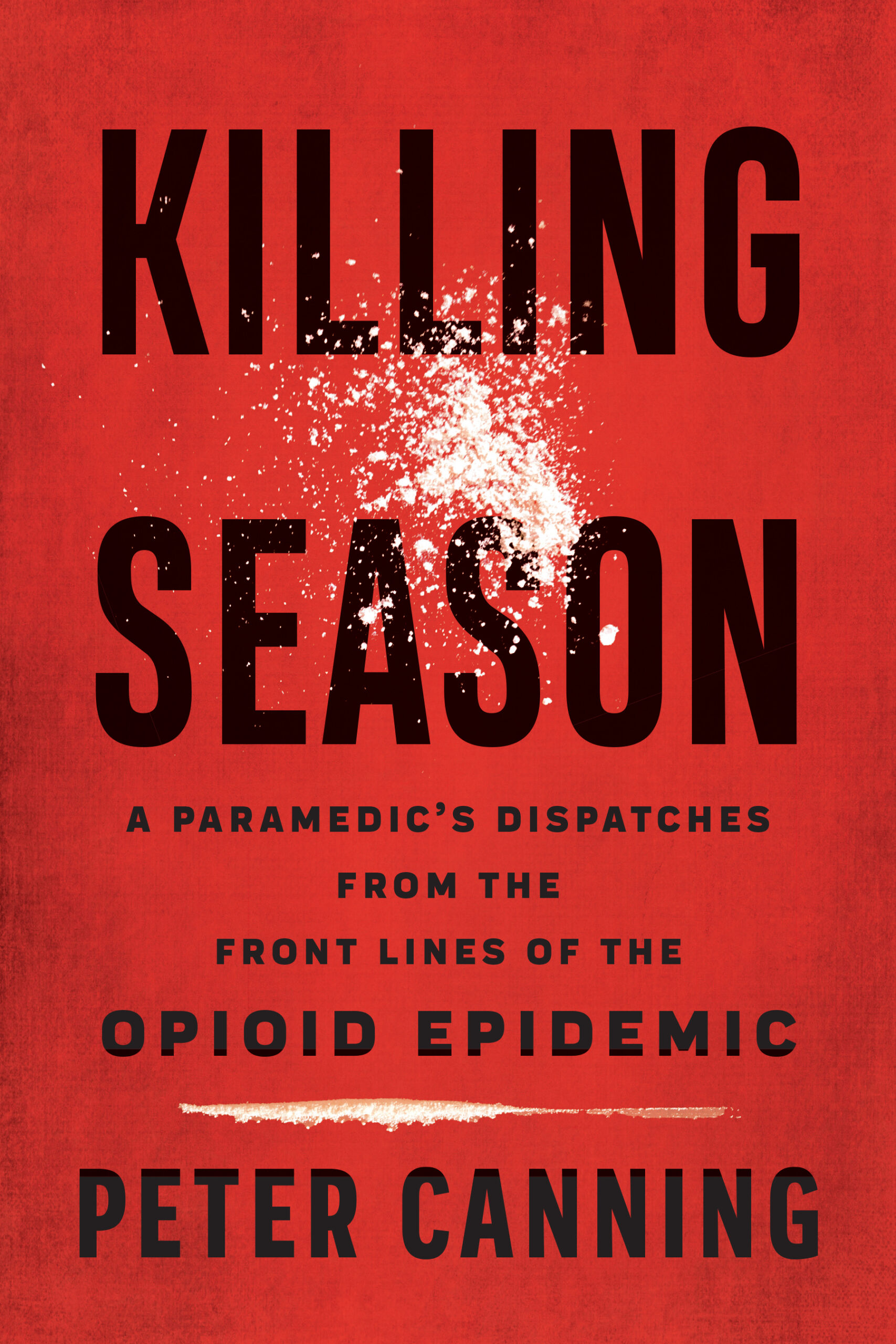When my book Killing Season came out, Amazon chose it as one of the best nonfiction books of April 2021. The book was also profiled on CSPAN books and I was interviewed by major networks including the BBC and ABC. I was hoping for a review in the New York Times Book Review, but no luck there.
Writing a book and getting a book published can be an emotional rollercoaster. The highs come when someone agrees to publish it, and then when the first copies arrive at your house and you get to hold it in your hands. The lows, at least for me, are after the book has been out a couple months and the buzz starts to fade. You check the Amazon sales rank and the number keeps falling. You feel like your work is already being forgotten and no one is reading it. It makes you question why you write and is it worth it to spend all that time and effort. You may work on another project, but it is just not coming together and you question yourself. The book will never amount to anything. Why even bother to write any more?
Last week, I was sitting in my paramedic intercept vehicle under the highway when my friend Kelly came to meet me as she does every week. I have known her for many years now and enjoy chatting with her. Sometimes my daughter bakes her brownies. I may give her fruit and power bars and a can of soda and I always give her some money. I told her long ago the money was not charity, but was for her stories and for her answers to my questions about the drug scene in Hartford. Kelly is a drug user, often homeless, and along with her husband Tom, they have helped inform my views and provided me with a perspective I might not have otherwise had. I don’t think I could have written my book had I not met Kelly.
When I first met her I was walking in the park looking for heroin bags. I was fascinated by the different brands. She approached me and asked what I was doing. When I told her she gave me a big smile and said she would be happy to answer any questions I had since she herself used heroin regularly. I was a bit shocked because at that time she didn’t look like my vision of a heroin addict. She was in her early twenties with a punk hairdo and a bright disposition. In the years since, I have often seen her look worse than she did that day, usually depending on her current living situation — under a bridge, living in a tent, or having an actual room.
Kelly is very animated this morning, as she often is, but this time is especially so. “Guess what?” she says. “You’re not going to believe this! So we are staying in this shack down behind the projects. We found this book there and I started reading it, and oh my goodness, that’s me. It was your book! You wrote about me! I remember all of it. I remember you saying you were going to write a book and you did, and I’m in it. And it’s permanent, you know. It’s like something that will always be there. It will help people understand what’s going on. I’m going to send a copy to my father and say that’s me and if he doesn’t believe it, I’m going to give him your phone number and you can tell him that that’s me there.”
I had debated telling her about the book, but she and Tom disappeared before I finished it, and they only reappeared after the book came out. I thought about telling her, but I guess I was worried she might not like it. I changed details to protect her confidentiality but she could recognize herself in the pages. Hearing how happy she was that I had documented her story along with others made me happy.
The New York Times might not have been interested in reviewing it, but here my book had been found in an abandoned shack frequented by homeless users who were reading about the crisis and about how the stories many of them had told to me had reshaped my views and how I was trying to bring their voices to the halls of power where people who could make a difference– legislators, government officials and public opinion makers and just general readers– could hear them and maybe reconsider what that they had previously thought. And Kelly liked it and thought it was important for her father to read it, too.
I told her I would bring her some copies and would even write a note to her father.
I’m still having trouble coming up with a new book, but I am proud that Killing Season, while not making it to the top of the New York Times best seller list, still made its way to that abandoned shack where Kelley found it. And I am most thankful for Kelly and her big heart and wish her and Tom and all the other good souls out there a better world coming.

